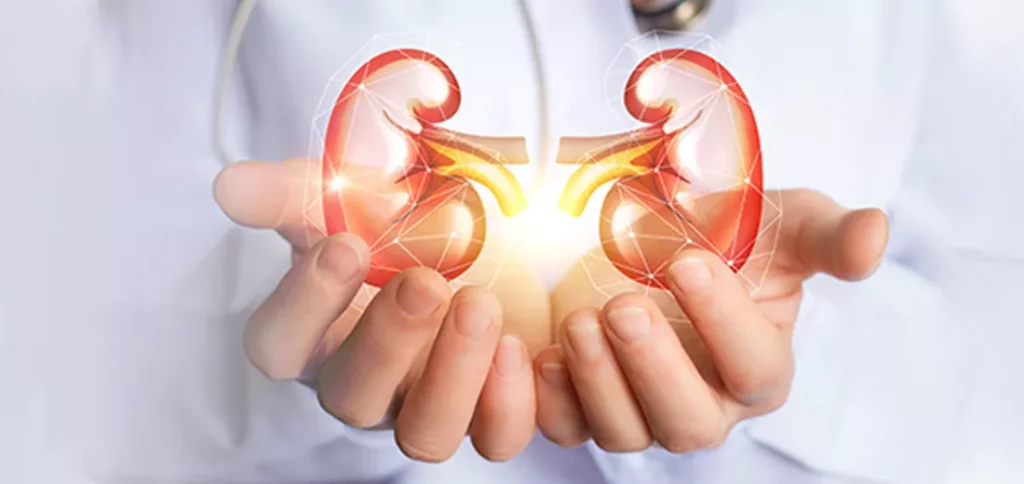Kidney Transplantation
- Home
- / Dr. Virendra Chauhan

Kidney Transplantation
The Kidney Transplant Process
Evaluation: Potential transplant recipients undergo a comprehensive medical evaluation to determine their suitability for the procedure. This includes blood tests, imaging studies, and assessments of overall health and organ function.
Living Donor: A kidney can be donated by a living person, often a relative or friend, who is a compatible match. Living donor transplants generally have better outcomes and shorter waiting times.
Deceased Donor: A Kidneys from deceased donors are matched to recipients through a national organ allocation system. Waiting times can vary significantly based on factors such as blood type, tissue compatibility, and urgency.
Surgery: The transplant surgery typically lasts 3-4 hours. The donor kidney is placed in the lower abdomen, and its blood vessels and ureter are connected to the recipient's blood vessels and bladder. The recipient's diseased kidneys are usually left in place unless there are specific medical reasons to remove them.
Post-Surgery Care:
Hospital Stay: Patients usually stay in the hospital for several days to a week after the surgery for monitoring and initial recovery.
Medications: Lifelong immunosuppressive medications are required to prevent the recipient's immune system from rejecting the new kidney. These drugs must be taken consistently to ensure the success of the transplant.
Advantages of Kidney Transplantation
Improved Quality of Life: Transplant recipients often experience better physical health, increased energy, and greater freedom in their daily activities compared to those on dialysis.
Longevity: Transplanted kidneys generally function better and longer than dialysis, leading to longer life expectancy.
Fewer Dietary Restrictions: Transplant recipients typically have fewer dietary limitations compared to dialysis patients.